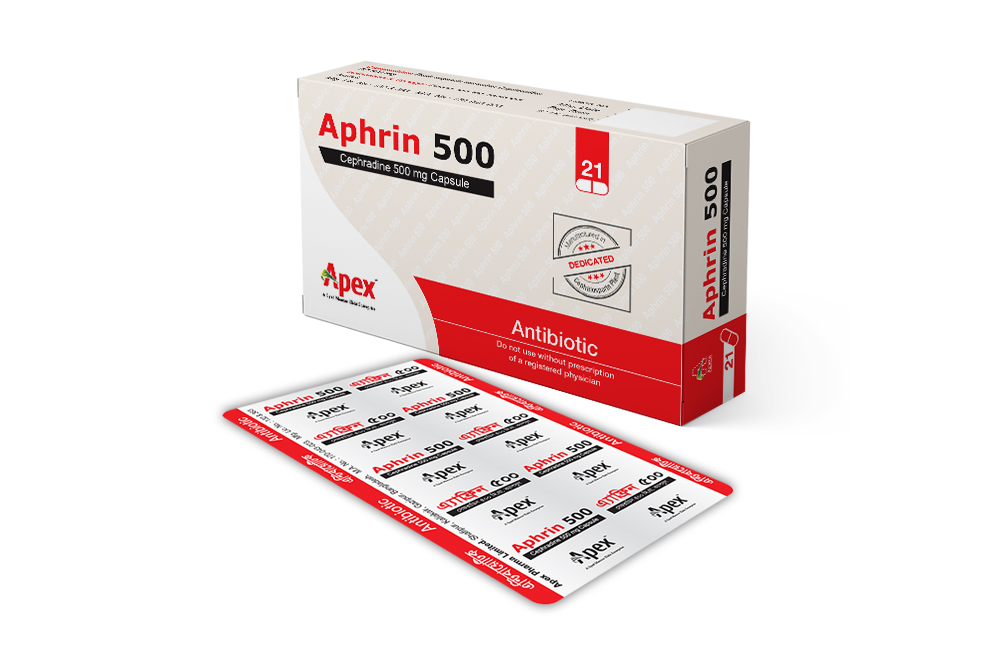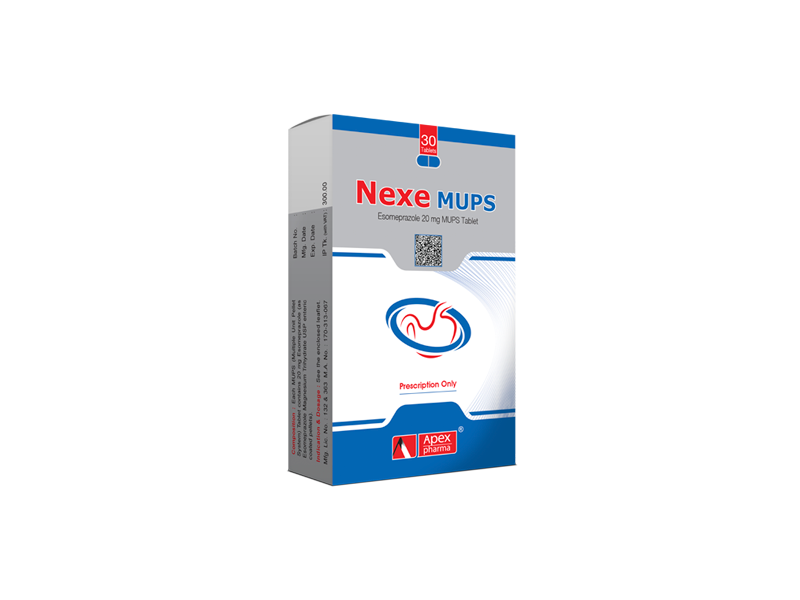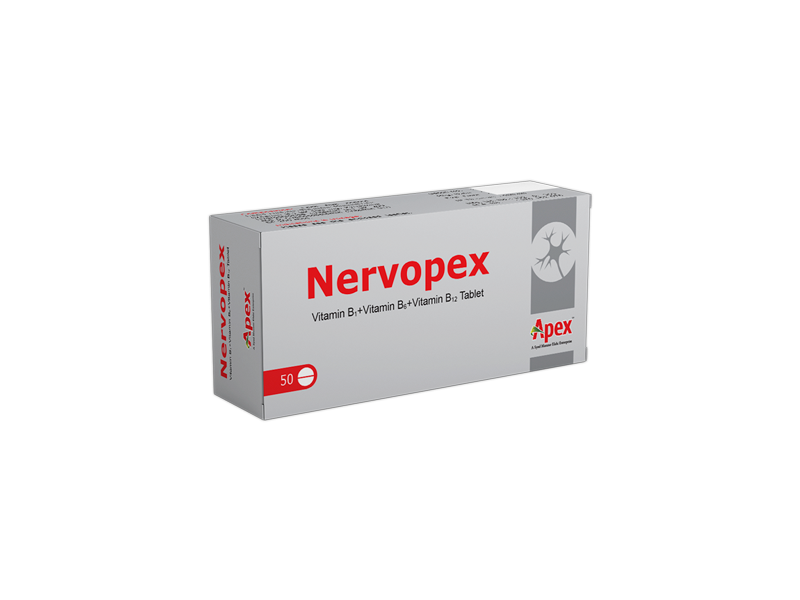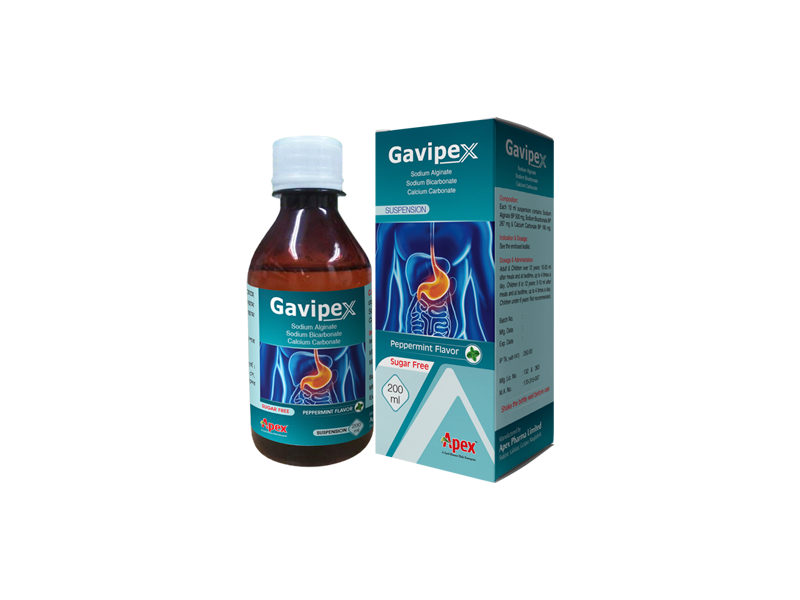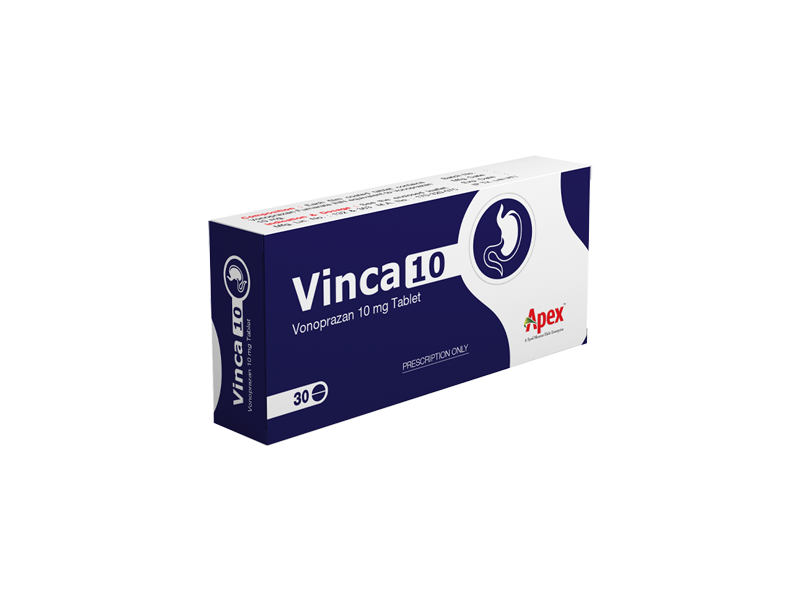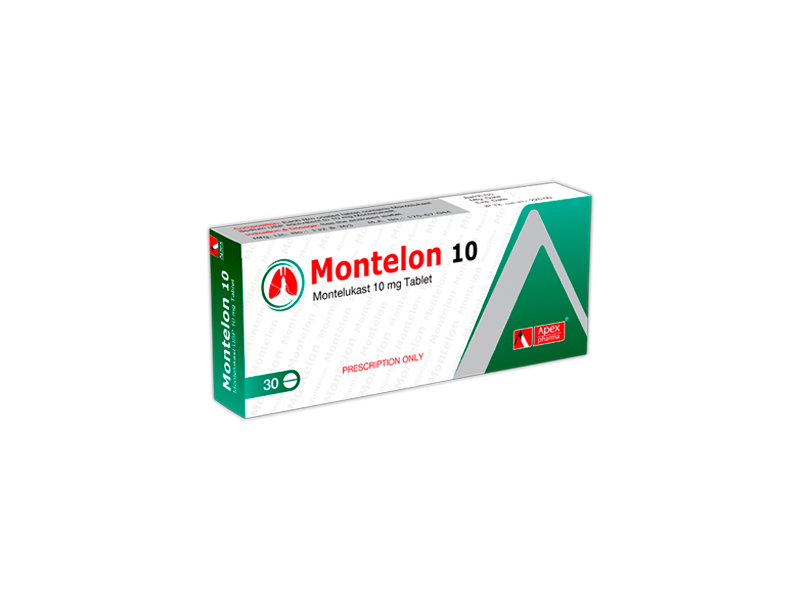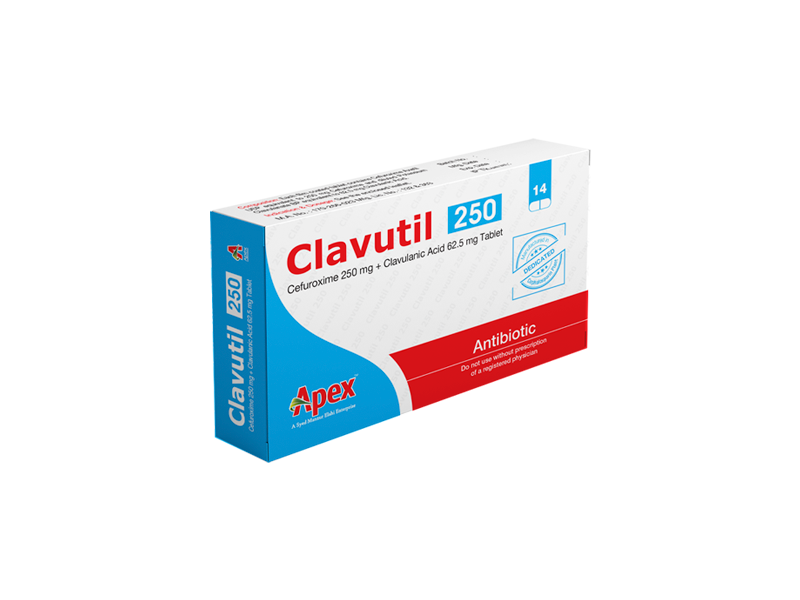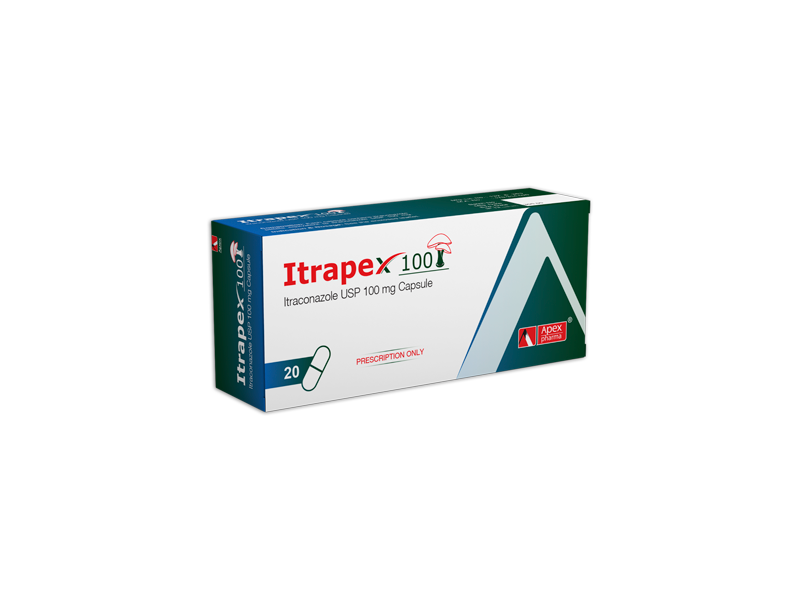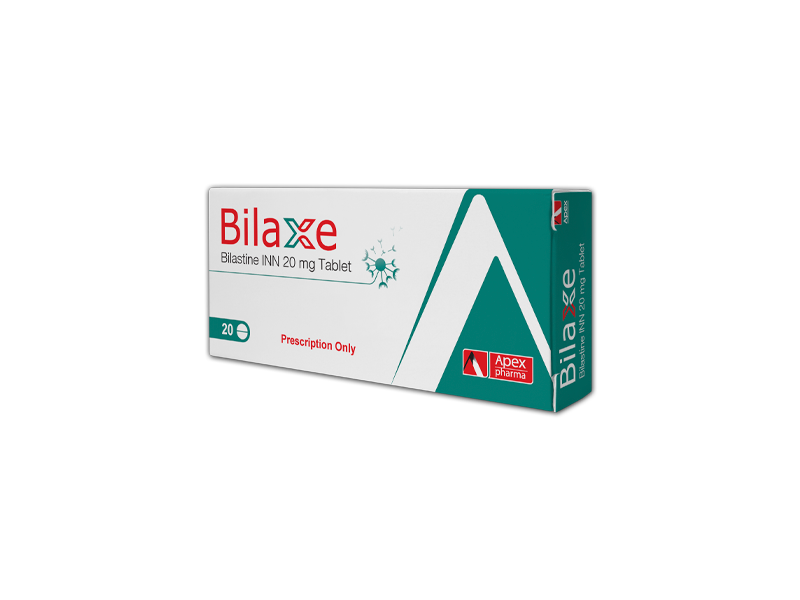
Aphrin
Home / By Brand Name / Aphrin
Composition
APHRIN-500 Capsule: Each capsule contains Cephradine BP 500 mg.
APHRIN PFS: After reconstitution each 5 ml suspension contains Cephradine BP 125 mg.
Pharmacology
APHRIN (Cephradine) is a first generation cephalosporin antibiotic with broad spectrum bactericidal activity.
Cephradine interferes with the synthesis of bacterial cell wall by inhibiting transpeptidase enzyme. As a result the
bacterial cell wall is weakened, the cell swells and then ruptures.
Indication
APHRIN is used in the treatment of infections caused by sensitive organisms.
Upper respiratory tract infections: Pharyngitis, sinusitis, otitis media, tonsilitis, laryngotracheo-bronchitis.
Lower respiratory tract infections: Acute and chronic bronchitis, lobar and bronchopneumonia.
Urinary tract infections: Cystitis, urethritis, pyelonephritis.
Skin and soft tissue infections: Abscess, cellulitis, furunculosis, impetigo.
Gastrointestinal tract infections: Bacillary dysentery, enteritis, peritonitis.
Bone and joint infections.
Dosage and Administration
The dosage may be given without regard to meals.
Adult: The usual dose is 1-2 gm daily in 2 to 4 divided doses. In severe and prolonged infection, the dose can be
increased up to 4 gm daily which should be taken in equally divided doses.
Skin and skin structures and respiratory tract infection: Usual dose is 250 mg every 6 hours or 500 mg every 12
hours.
Lobar pneumonia: 500 mg every 6 hours or 1 gm every 12 hours.
Urinary tract infection: Usual dose is 500 mg every 12 hours.
Gastro-intestinal tract infection: 500 mg three to four times daily.
Children: The usual total dose is 25 to 50 mg/kg/day given in 2 to 4 equally divided doses.
Dosage in renal impairment: In patients with impaired renal function, doses and frequency of administration of
cephradine must be modified according to the degree of impairment, severity of infection, susceptibility of the
causative organism and serum concentration of the drug. For adults, a loading dose of 750 mg should be given
subsequently followed by 500 mg with the mentioned time interval. For children, dosage schedule may need to be
adjusted.
Reconstitution and Administration: APHRIN PFS: Shake the bottle well before adding water. Then add 65 ml of
boiled and cooled water (with the help of the provided measuring cup) to the bottle. Then continue shaking the bottle
gently until the powder is dissolved properly. Shake the bottle well before each use.
Contraindication and Precaution
It should not be used in patients hypersensitive to any cephalosporin antibiotic. Cephradine should be used with
caution in those patients who are known hypersensitive to penicillins.
Side Effect
Side effects include nausea, vomiting, diarrhea and abdominal discomfort. Allergic reactions including skin rashes,
urticaria, eosinophilia, angioedema and anaphylaxis may occur and elevation of hepatic enzyme values have been
noted. Neutropenia has been reported. Super-infection with resistant microorganisms, particularly candida, may follow
the treatment. There is also a possibility of development of pseudomembranous colitis.
Use in Pregnancy & Lactation
Although there have been no reports of adverse effect on the fetus, Cephradine should be used during pregnancy
only when clearly indicated. Cephalosporins are distributed into breast milk and the drug should be used with caution
in nursing mother.
Drug Interaction
The cephalosporins are potentially nephrotoxic (particularly Cefaloridine) and may enhance the nephrotoxicity of
aminoglycoside antibiotics such as Gentamycin and Tobramycin. One should be cautious about the use of any
cephalosporin with Frusemide and Ethacrynic acid.
Overdose
The symptoms of cefradine overdose are non-specific and are generally nausea, vomiting, diarrhea and gastric
upsets. Treatment is mainly supportive although gastric lavage will be necessary if a large amount has been ingested.
Cephradine capsule & dry powder for suspension should be kept in a cool and dry place, protected from light. The
reconstituted suspension and paediatric drops should be used within 7 days of preparation if kept at room
temperature or within 14 days if kept in a refrigerator.
PRODUCTS
